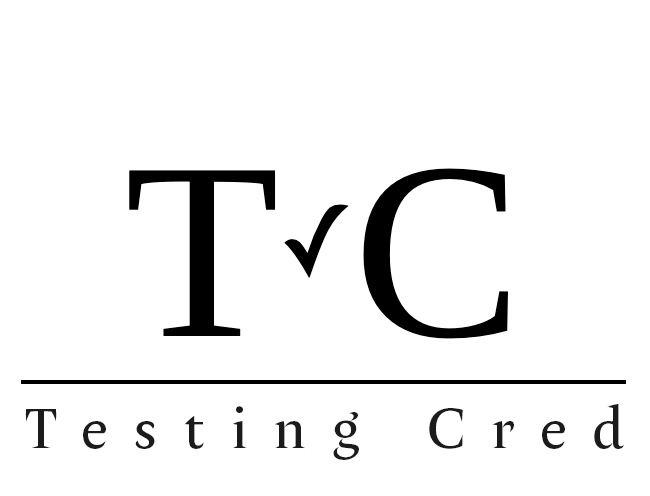Software testing training courses play a helpful role in preparing both new and experienced software testers with the necessary skills and knowledge to advance in their careers. Whether the goal is to prepare for a recognized credential or certification, or simply to gain a deeper understanding of software testing methodologies, these courses offer important resources. The question of which software testing training course is best for you, however, is based on a variety of personal factors, including your learning style, schedule flexibility, and specific career objectives.
Understanding Software Testing Training
Software testing training encompasses a broad range of topics, from fundamental principles of software testing to advanced techniques and tools. These courses are designed to:
- Introduce foundational concepts and best practices in software testing.
- Develop advanced skills in test management, automation, performance testing, and security testing among others.
- Prepare participants for esteemed certifications like ISTQB, CSTE, and others, enhancing their professional credibility and marketability.
Choosing the Right Software Testing Course
The “best” software testing course is subjective and varies from one individual to another based on several criteria. Here’s what to consider when choosing a course that best suits your needs:
Learning Style
- Live Instructor-Led Training: If you benefit from real-time interaction with instructors and peers, live software testing training sessions can offer a more engaging learning experience. These courses often provide instant feedback, personalized guidance, and the opportunity to participate in lively discussions. See this ISTQB Foundation Level training course as an example.
- Recorded Training Sessions: For learners who prefer self-paced study, recorded training allows you to learn at your convenience. This option is ideal for those with irregular schedules or who wish to spend extra time on challenging topics without the constraints of a fixed timetable. See this software testing training course as an example.
Course Content and Structure
- Evaluate the curriculum to ensure it covers the topics you’re interested in and aligns with your career goals. Look for courses that offer a blend of theoretical knowledge and practical exercises.
Certification Preparation
If your primary goal is to earn a certification, choose courses tailored to prepare you for the certification exams. These courses often include practice tests and exam tips to enhance your chances of success.
Micro-Credential Preparation
- If your primary goal is to earn a software testing micro-credential, choose a software testing course tailored to prepare you for those exams. These courses often include practice tests and exam tips to enhance your chances of success.
What is Next?
The ideal software testing training course for you depends on a combination of your learning style, availability, career goals, and preparation needs for specific certifications. Whether you thrive in a live, interactive learning environment or prefer the flexibility of recorded sessions to learn at your own pace, there is a course out there to match your preferences. By carefully considering these factors, you can select a software testing course that not only meets your educational needs but also sets you on the path to professional success in the dynamic field of software testing.
